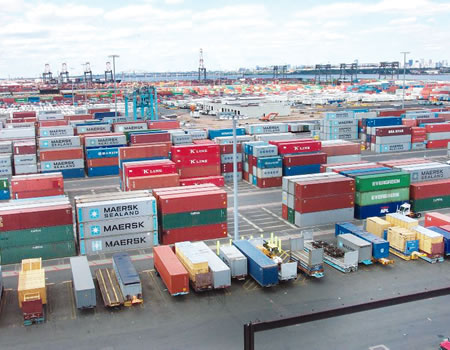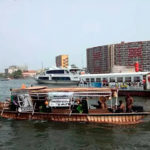Speaking exclusively with the Nigerian Tribune a close source to the Kaduna Inland Dryport, lamented that the NRC is yet to have the capacity to move cargoes from Lagos to Kaduna despite demands for cargo evacuation by rail from customers who patronise the dryport.
According to same source “The NRC promised to give us a locomotive to aid cargo evacuation from the ports to the Kaduna dryport, but that locomotive is damaged and is still abandoned at Maiduguri. According to what the NRC official attached to our facility told me, the contract to pull that locomotive down to Lagos for repair has just been awarded.
ALSO READ: 3 dead, 6 injured in Abuja auto crash
“Now the NRC has a challenge concerning moving that locomotive to Lagos because the rail tracks in Gombe have been damaged by heavy rainfall. So there are plans to move the locomotive by road to Bauchi. It is at Bauchi that they will now put the locomotive on the rail down to Lagos for repairs.
“Even at that, the NRC does not have enough locomotives to move cargoes to the Kaduna dryport from the ports in Lagos. Four months ago, the NRC managing director promised to assist us move cargoes by rail, but its more than four months now and they have not fulfilled that promise.
“In a day, we have more than 50 containers that come to the Kaduna dryport by road from Lagos. The NRC does not have locomotives that can pull 50 containers to Kaduna. Maybe they have the ones that can pull 20 containers to Ibadan, but we need the containers in Kaduna.
“Many of our customers complain to us that they prefer their containers to be moved by rail because it is cheaper compared to moving containers by road. Aside the fact that rail is cheaper, cargo evacuation by road is riskier because all our roads are bad.
“Between the Kaduna Inland Dryport and Inland Container Nigeria (ICN) Limited, we do more than 1,000 containers monthly, but the NRC does not have the capacity to move 10 per cent of our 1,000 containers in a month.
“Most of the shipping companies want to cooperate with us. They want to sign Memorandum of Understanding (MoU) with us, but because our facility is yet to enjoy movement of containers by rail, many of the shipping companies are finding it difficult to sign agreements with us.
“The fear of the shipping companies is that the roads are bad, and that the risk involved is higher compared to movement of containers by rail. Rail is safer, and that is why most of the shipping companies are not signing MoU with us,” the source added.






